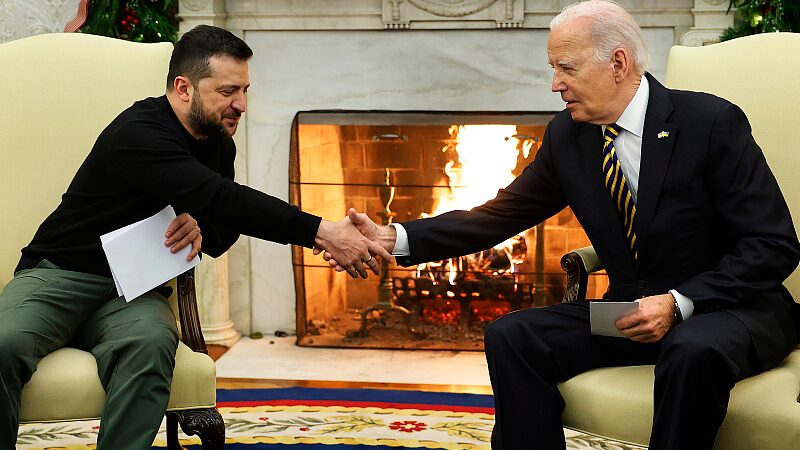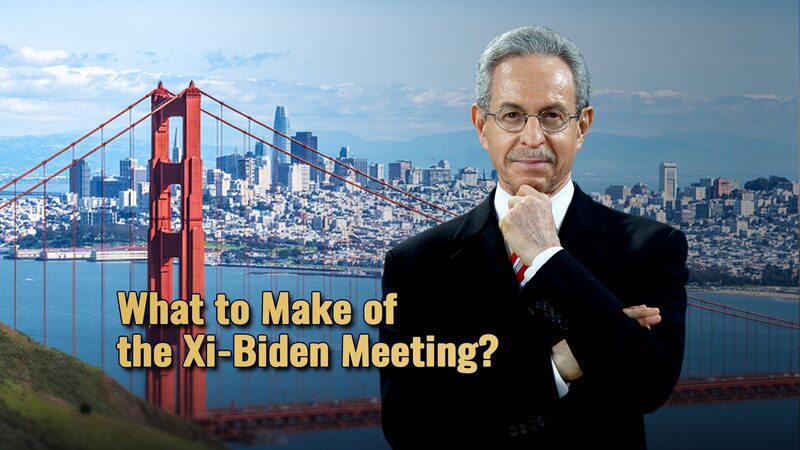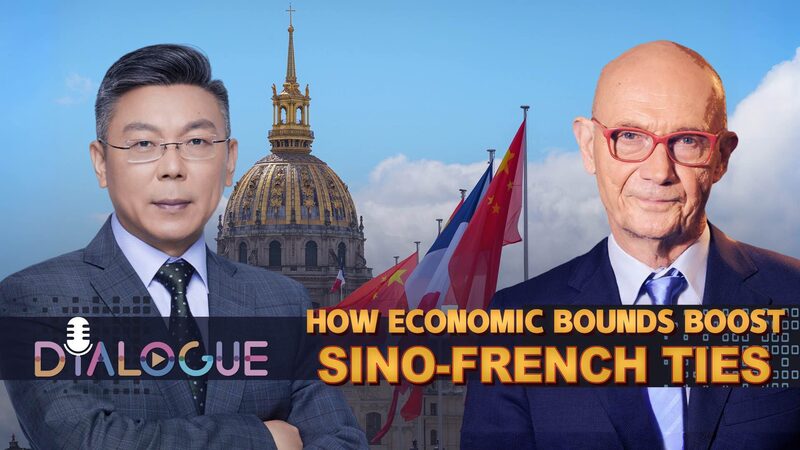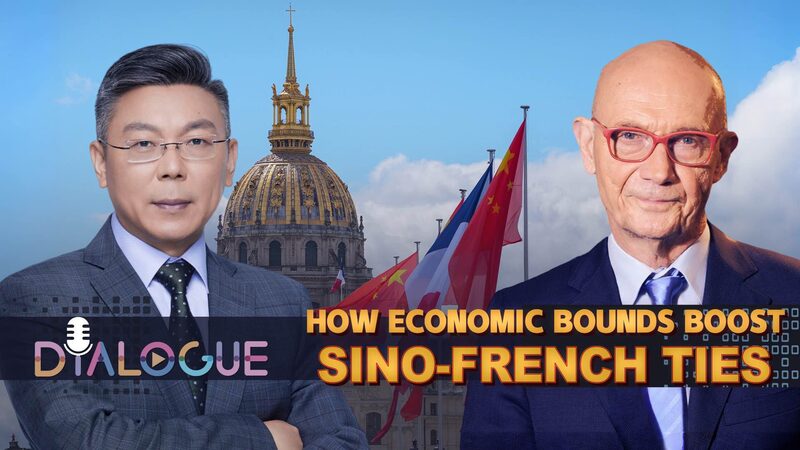China's Foreign Minister Wang Yi struck a cautiously optimistic tone this week about Sino-U.S. relations, describing 'some improvement' since the November 2023 meeting between President Xi Jinping and U.S. President Joe Biden. But in today's multipolar world, the superpower saga remains complex – think 'Succession' meets real-world geopolitics. 🔥
U.S.-China Tensions: Progress Amid Challenges
Wang emphasized that Washington's 'misconceptions about China persist,' particularly regarding unfulfilled commitments on trade and tech policies. 'Conflict between our nations is unimaginable,' he stated, urging mutual respect to avoid 'Cold War 2.0' scenarios. ❄️
Visa-Free Policy Expands for Europe
In a move boosting cultural exchanges, China announced extended visa-free travel for citizens of 6 additional European countries – part of what experts call 'diplomatic bridge-building.' 🛫 Perfect timing for wanderlust-driven Gen Z travelers!
Hotspot Diplomacy: Ukraine & Gaza
When pressed on global crises, Wang reiterated China's stance as a 'peace facilitator,' advocating for political solutions. Tsinghua University's Zhou Bo noted: 'China's role evolves from observer to potential mediator.' The panelists highlighted Beijing's unique position to engage all parties in conflict zones.
With rising youth interest in ethical foreign policy, Wang's remarks spotlight China's balancing act: pursuing national interests while positioning as a stabilizing global force. As tensions simmer from Washington to West Asia, all eyes remain on this geopolitical chess match. ♟️
Reference(s):
cgtn.com





